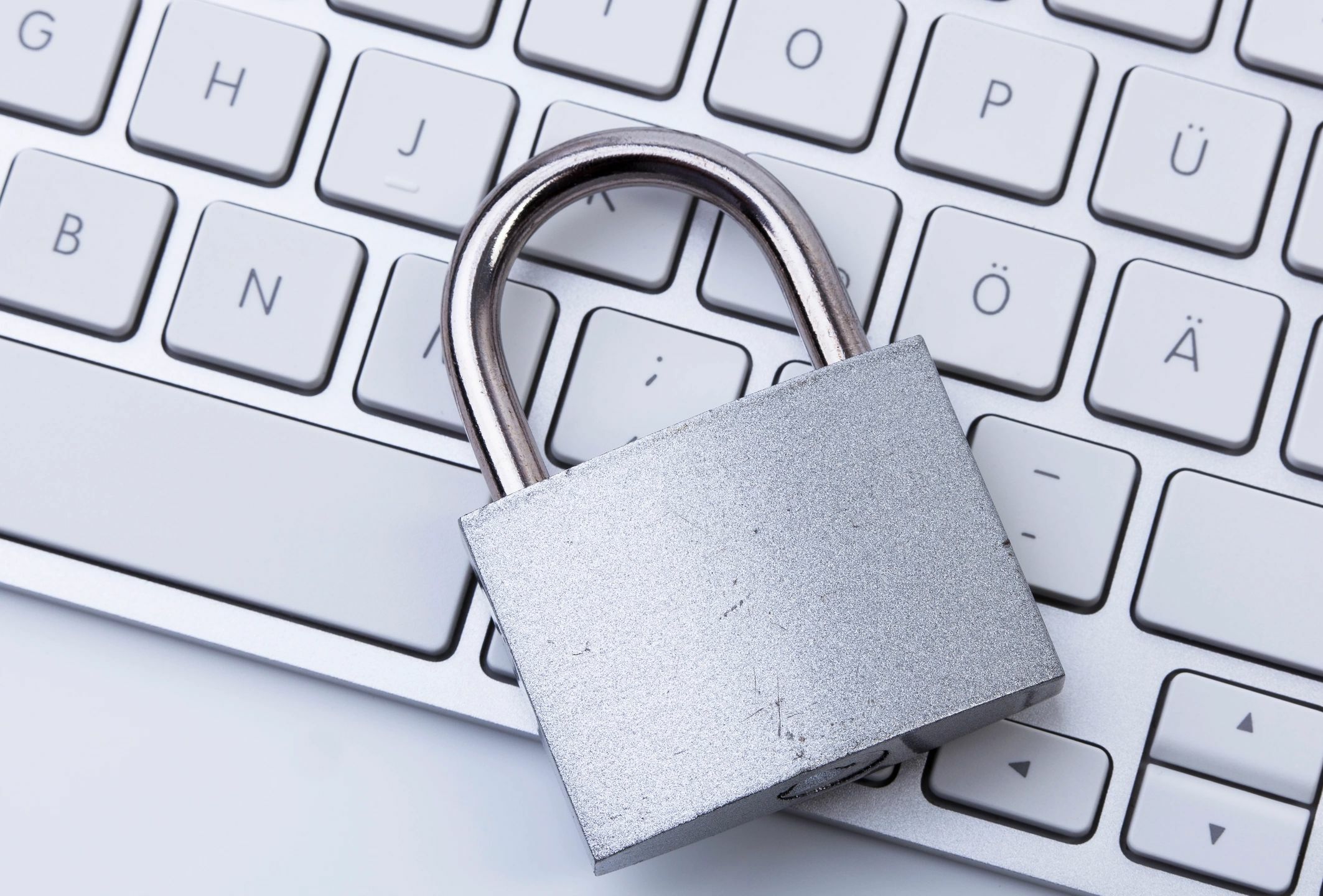
National Cybersecurity Awareness Month: What It Means For WordPress Users
It should come as no surprise that every day we’re immersed in the complexities of cybersecurity. It’s our business and also our passion. Since October is National Cyber Security Awareness month (NCSAM), we thought it would be fitting to write a bit about the overall subject of cyber security and how that applies to WordPress website owners.
What is Cybersecurity Awareness?
It’s not just about WordPress-powered websites, it’s about all people who browse the internet. NCSAM was created as a collaborative effort between government and industry to ensure every American has the resources they need to stay safer and more secure online. It’s led by the U.S. Department of Homeland Security and the National Cyber Security Alliance.
The public portal at http://staysafeonline.org offers extensive resources to help you stay safe online. 2016 marks the 13th year of NCSAM and it was also this year that President Barack Obama officially declared October as National Cyber Security Awareness Month. See the proclamation here.
Weekly Cybersecurity Themes
NCSAM 2016 is broken into weekly themes in order to ensure that all citizens are made aware of the steps they can take to ensure their own security online.
Sources: https://staysafeonline.org/ncsam/about
Week 1 – Oct. 3-7
STOP. THINK. CONNECT.: The Basic Steps to Online Safety and Security
Staying safer and more secure online starts with STOP. THINK. CONNECT. – the simple, actionable advice anyone can follow. STOP: make sure security measures are in place. THINK: about the consequences of your actions and behaviors online. CONNECT: and enjoy the internet.
It starts with keeping security at the forefront when using internet connected devices and services. Whether that’s banking, social channels, or downloading that cool-looking app, there are simple ways you can protect yourself and your community, and actions you can take if you’re a victim of a cyber crime or hack.
Week 2 – Oct. 10-14
From the Break Room to the Boardroom: Creating a Culture of Cybersecurity in the Workplace
Creating a culture of security within your large, medium, and small business is critical to avoiding data breaches. This includes employee education and training by putting the focus on risk management, prevention, and how to stay calm if the worst does happen.
Week 3 – Oct. 17-21
Recognizing and Combating Cybercrime
Unfortunately, cybercrime has become common in today’s “Internet of Things” world, and cyber criminals aren’t simply going to stop. This week focuses on awareness of the different types of cybercrime and how to work with law enforcement if you think you’ve been a victim. It will also spotlight different careers in fighting cybercrime.
Week 4 – Oct. 24-28
Our Continuously Connected Lives: What’s Your “Apptitude”?
It won’t be long before almost everything we use in our daily lives is connected. This week will focus on how these connected devices can be built in a secure way and strategies you can use to ensure your own security, safety and privacy.
Week 5 – Oct. 31
Building Resilience in Critical Systems
Critical systems refer to our society’s reliance on infrastructure such as electricity, transportation, and communications systems. This week will highlight the role you can play in keeping it secure. It’s also the last day of October that the transition to Critical Infrastructure Security and Resilience Month in November begins.
For more specific details on each of these topics, we recommend reading the StaySafeOnline.org blog.
What Does This Have To Do With WordPress?
Everything really.
WordPress is an internet publishing tool. It’s used by individuals, small businesses, and even Fortune 500 companies worldwide. It also powers over 26 percent of all websites on the internet and because of this, is a valuable target for cyber criminals.
WordPress starts with people. If you’re not taking your personal security seriously at every level, that misstep might allow others to gain access to your personal information (like your website login details), and act maliciously to spread their negative results to others.
Simple Security Steps to Implement Today
Some of these may sound simple, but if not implemented can put you at risk.
- Never write down your username and passwords. Use a password manager tool like LastPass, 1password or others.
- Use anti-virus software on your computer.
- Always use a Virtual Private Network when connecting to public wifi. Learn more about VPNs here.
- Install a Web Application Firewall on your website.
Cybersecurity is a large subject. If you want to learn more, follow our blog posts and also check out the growing list of resources here. You may also want to check out the Cybersecurity Lab game here to test your online security knowledge.





